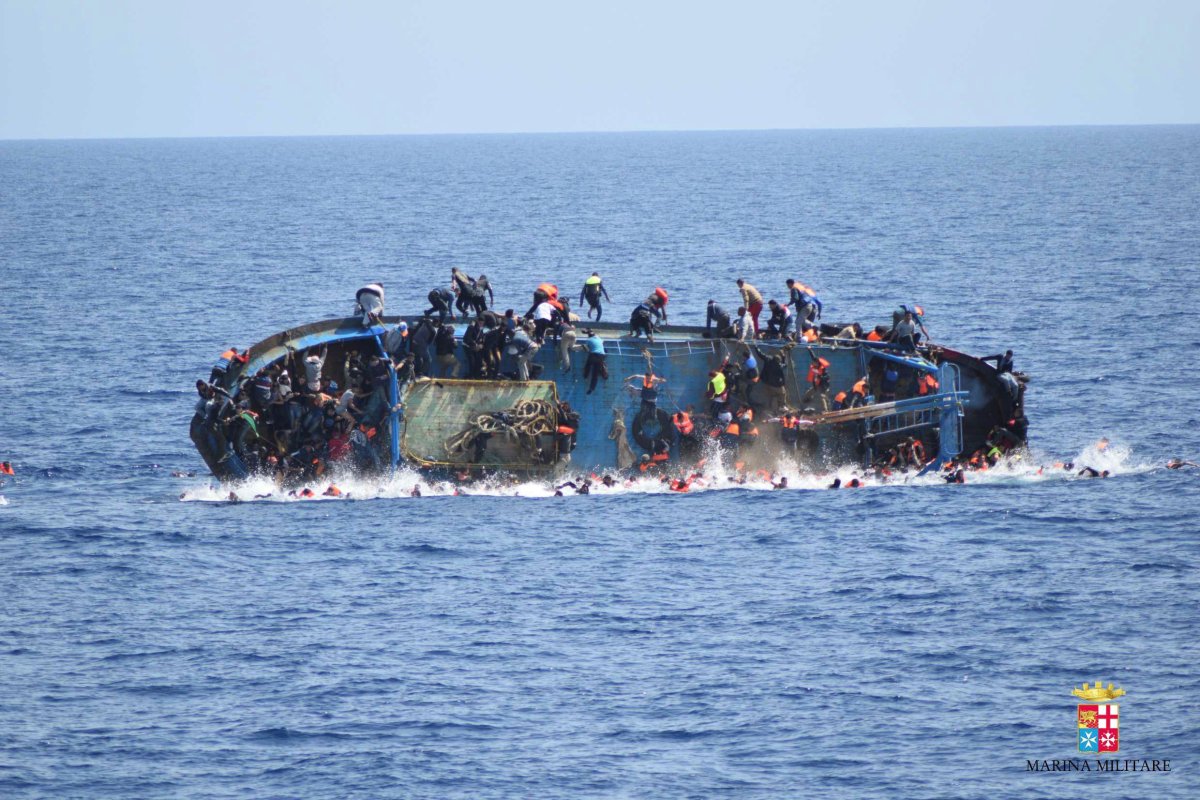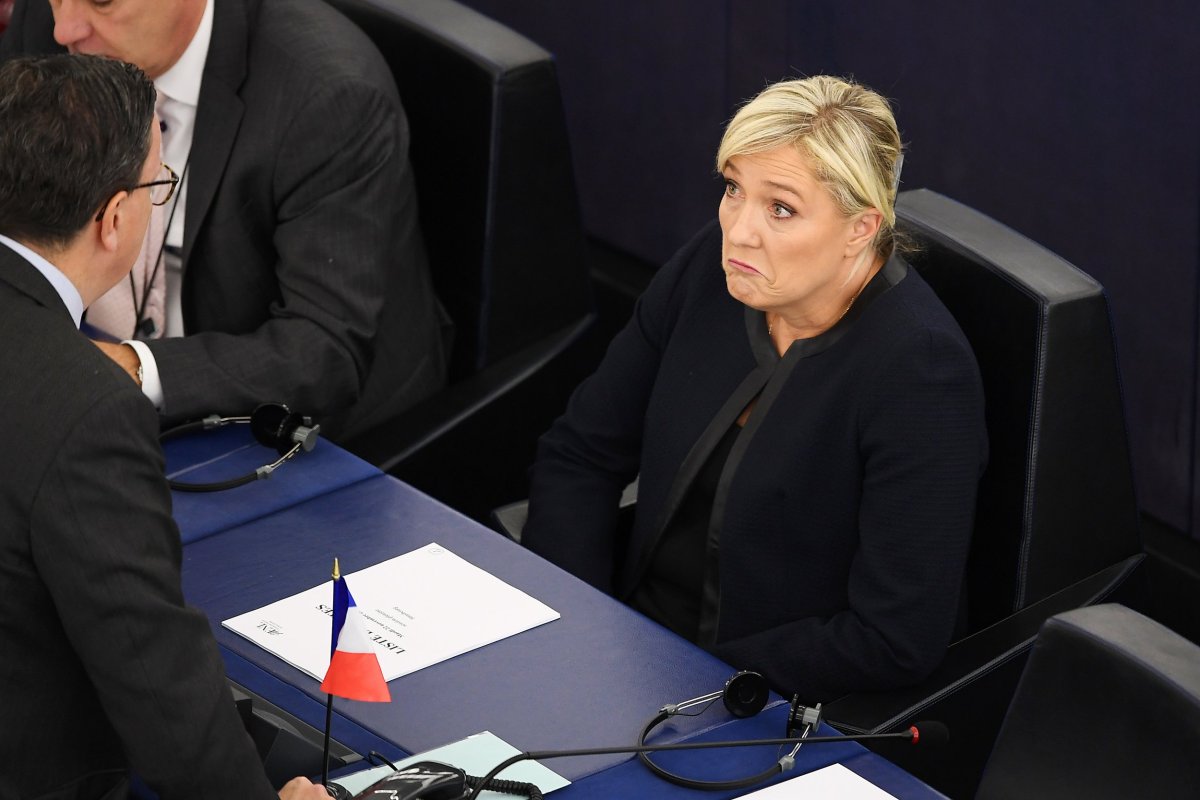
Before November 8, the international security community was naively preparing for a Hillary Clinton presidency in the U.S. Despite the hawkish public rhetoric, we knew her relatively progressive team recognized the value of a development approach to security challenges.
We are now watching what an unpredictable President-elect Donald Trump does when he takes office in January, particularly regarding the twin challenges of migration and violent extremism.
Our guidance to Trump, and to new U.N. Secretary General António Guterres, is that the best way to beat terrorists is to improve the conditions in which their recruits live, thereby undermining their support base.
The same goes for migration—tighter control of borders does nothing to address the drivers of this phenomenon. Not in Africa. Not in Mexico. Two decades of intensifying border enforcement by Mediterranean states did not alter the desire of people to get to Europe. It just changed their route and made the journey more hazardous.

The global community has a very good plan to simultaneously tackle the world's development and security priorities. In September 2015, the U.N. General Assembly agreed on 17 Sustainable Development Goals (SDGs), based on a consensus that international problems were best tackled domestically. It was a monumental achievement in global diplomacy.
The SDGs replaced the Millennium Development Goals (MDGs), which since 2000 had been a driver of poverty reduction, improved maternal health and reduced child mortality. The MDGs kick-started a global movement for free primary education, and enabled huge strides in combatting HIV/AIDS, malaria and tuberculosis. MDG achievements include more than a billion people lifted out of extreme poverty, a halving of child mortality and a 40 percent drop in HIV/AIDS infections.
The SDGs are new goals to meet universal political, economic and environmental challenges. But they remain at the level of political commitment and don't get enough attention in the forums where they matter the most.
The dissonance began the day after the SDGs were first adopted in New York, at a counter-terrorism summit in the room next door, featuring all the U.N.'s member states. Nobody even mentioned the SDGs. They simply didn't draw the link between development and security.
Part of the problem is that the development community doesn't want to be connected to securocrats. For their part, the securocrats see the SDGs as a long-term ambition, benefitting other people far away, and not part of the security agenda.
With their 169 distinct development targets, the SDGs are a bold global commitment that must not be allowed to wither. They should top the to-do list of all global leaders, including populists, mavericks and the new anti-globalization brigade.
The SDGs are the epitome of global cooperation and represent everything that voters for Trump and Brexit have rejected. International commitments for the common good are the very opposite of Trump's isolationism and protectionism and the sentiment of emerging right-wing leaders in Europe.

Dealing with migrants and terrorists, however, are among the biggest priorities of Trump and his allies. The best way to deal with these challenges is by working tirelessly to achieve the SDGs.
They may appear to securocrats as fluffy long-term aspirations. But the opposite is true. Development based on global cooperation is precisely the route to improved global security.
The SDGs need to crop up not just at feel-good events like the 2015 Global Citizen festival in New York, featuring rock stars and slick celebrity videos. They need to be in the lexicon of the hawks.
Of particular importance is Goal 16, which aspires to peace, justice and strong institutions. It recognizes that sustainable development is not possible without human rights and effective governance based on the rule of law. Goal 16 is the entry point to all other SDG goals.
Most people in Africa's 20 fragile states are poor, experience high levels of violence, and suffer from economic exclusion, inequality and poor governance. These conditions are the drivers of terrorism and mass migration.
People living under decent conditions, in stable and fair societies, with local opportunities for a better life, are less likely to migrate or be lured into extremism. So the best way to give effect to the SDGs is to bring them into global security discussions, which prompt serious international responses and attract big budgets.
The SDGs are a recipe for Europe and America to work with African states to build economically successful nations. The SDGs also guard against Africa's development budgets being cannibalized in favour of short-term security responses and reactionary measures to keep migrants out.
Development is what enables security, not the other way round. The SDGs are the best framework to achieve it. Let's keep them on top of the agenda.
Anton Du Plessis is executive director of the Institute for Security Studies (ISS), a security think tank based in South Africa. He is a lawyer, prosecutor and former counter-terrorism advisor to the United Nations.
Uncommon Knowledge
Newsweek is committed to challenging conventional wisdom and finding connections in the search for common ground.
Newsweek is committed to challenging conventional wisdom and finding connections in the search for common ground.
About the writer
To read how Newsweek uses AI as a newsroom tool, Click here.








